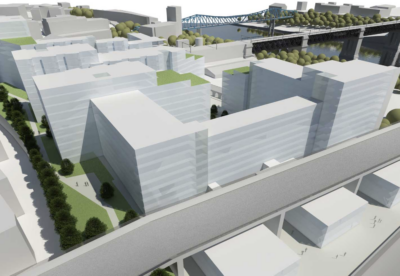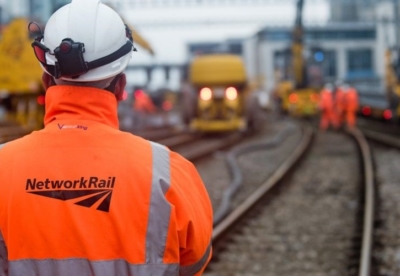The employee-owned contractor, which worked on several London high-rise residential schemes including Grenfell, collapsed into administration last month after being hit by cost inflation and reduced payment on its jobs.
According to a report from administrators FRP, trade creditors and suppliers are unlikely to see any of the £11.4m they are owed.
The firm’s bank and loan note holders are expected to see around half of over £5m owed, while employees are likely to get just 14p in the pound for unpaid wages and pension contributions.
JS Wright started to get into problems due to delayed receipts on a major project and retention payments. It was also seeing margin erosion across several projects.
FRP was initially introduced to the group in January 2024 by NatWest as a result of ongoing cashflow pressure.
By April last year previous shareholders, existing directors and loan note holders injected £1.3m to ease immediate cash flow pressures and enabled the JS Wright to continue to trade.
The cash injection stabilised the group in the short-term, and NatWest agreed to extend its capital repayment holiday to further support the business.
But JS Wright’s trading difficulties continued, including under-payments on several large contracts.
On 20 November 2024, FRP was engaged by the group and NatWest to undertake contingency planning.
Its report recommended that in the absence of visibility on medium/long term trading viability, the business should take steps to place the company into administration.
Directors finally gave up the battle in February to place the business into administration.

.gif)






.gif)












































